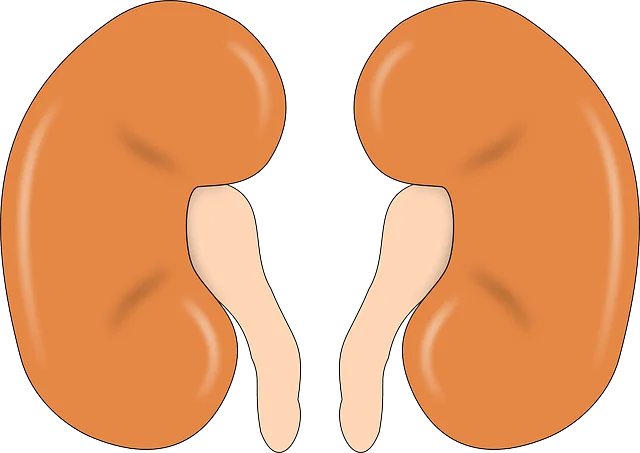10 habits that kill our kidneys

The kidneys are our body’s natural filters. Each day, they pass several litres of blood through themselves and excrete approximately 2 litres of waste and excess water.
Disruption of kidney function can lead to severe consequences.
However, we do not think much that some of our habits cause irreparable damage to the kidneys.
Causes of kidney disease
1. Containment of urination
Continuous urinary retention leads to an overflow of the bladder and disrupts the normal function of the kidneys, leading to kidney failure and urinary incontinence.
Restraining urination can cause many complications in the urinary tract, such as bladder hypertrophy, hydronephrosis (expansion of the kidney cavity due to increased urine pressure), and several other unpleasant and dangerous diseases. When nature calls, you should listen.
2. Not enough water
For our kidneys to function well, they need enough water. When the body is dehydrated, the blood becomes thicker, and this is bad for the kidneys. The primary function of our kidneys is to release metabolic waste from our system and balance red blood cells in the body.
3. High intake of salt (sodium)
The primary source of sodium for humans is table salt. Eating large amounts of salt puts stress on the kidneys, trying to keep the water-salt metabolism normal.
The daily salt intake is no more than 5-6 grams (1 teaspoon). Remember that salt is already contained in small amounts in many foods, so by adding too much salt to dishes, we imperceptibly exceed the safe rate.
4. Frequent use of pain relievers
Many of us are in the habit of taking analgesics (over-the-counter pain relievers) to control pain and reduce fever and inflammation. Non-steroidal anti-inflammatory drugs such as aspirin or ibuprofen are perhaps the most common pain relievers around the world.
But abuse of them can cause first damage to the kidneys and then a complete disruption of their work. If you have decreased kidney function, do not take pain relievers without asking your doctor.
5. Protein diet
Meat contains protein, which is excreted from the body through the kidneys. Therefore, all excess protein and its breakdown products also increase the burden on the kidneys. Protein foods contain purines, which are involved in the formation of uric acid.
Accordingly, the more meat you eat, the higher its concentration. And this contributes to the deposition of salts and the formation of kidney stones. The accumulation of uric acid crystals is called gouty arthritis or simply “gout.” And with this problem
6. Alcohol abuse
Alcohol is a toxin that puts a heavy strain on the kidneys and liver. When you drink alcoholic beverages in large quantities, it leads to the deposition of uric acid in the renal tubules, which leads to a blockage of the tubular membrane.
This, in turn, increases the risk of kidney failure. What’s more, alcohol causes dehydration and disrupts normal kidney function. If you enjoy drinking, do so in moderation.
7. Nicotine
According to the American Association of Kidney Patients (AAKP), smoking is the leading contributor to end-stage renal disease. Smoking increases blood pressure and heart rate and decreases blood flow, and constricts blood vessels in the kidneys. It accelerates kidney dysfunction and worsens the symptoms of existing diseases.
8. Consuming a lot of caffeine
Possessing a strong diuretic effect, caffeine makes the kidneys work idle, dehydrating the body, which creates an increased load on the organ. Consuming foods high in caffeine, such as chocolate, coffee, and soft drinks, can raise blood pressure levels, putting pressure on the kidneys, which can lead to kidney failure.
9. Lack of sleep
Generally speaking, lack of sleep has a general debilitating effect on all body systems. Did you know that during sleep, the tissues of your organs are regenerated? If you often do not get enough sleep, go to bed late and get up early, the renewal process does not go completely. As a result, this can lead to impaired kidney function.
10. Sedentary lifestyle
A sedentary lifestyle increases the risk of developing chronic kidney disease, according to scientists at the University of Utah School of Medicine. Lack of physical activity is, in many cases, the leading cause of kidney problems.
Due to the lack of physical activity, congestion occurs in the kidneys. To significantly improve kidney health, it is enough to engage in moderate activity for 1.5 hours a day.
According to statistics, signs of kidney damage are noted in every tenth inhabitant of the Earth. The lion’s share of risk factors for kidney disease are quickly eliminated bad habits. Eliminate bad habits and preserve the health of not only the kidneys but the whole body. No wonder they say: “Healthy kidneys are a healthy organism.”




